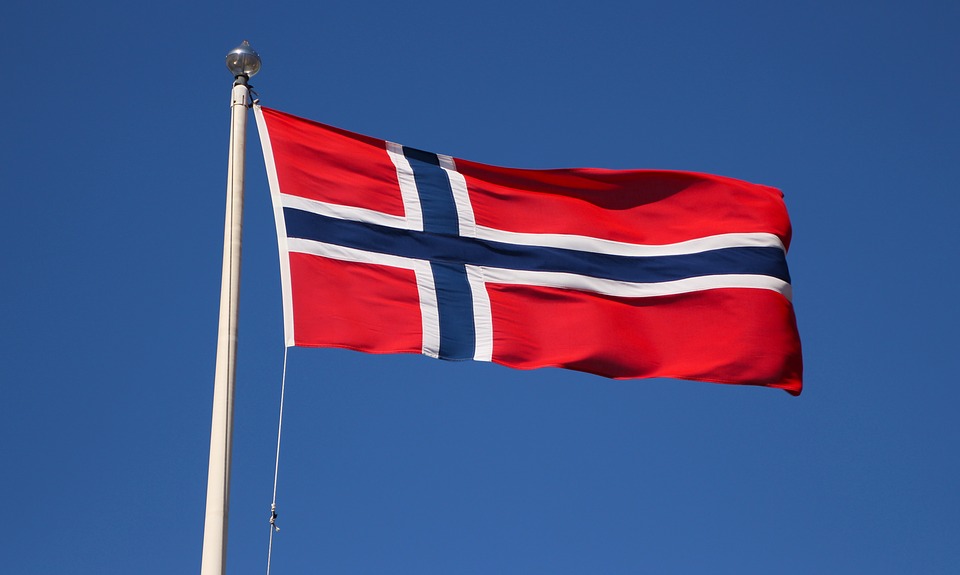Canada’s Status as a Policy-Borrower Could Change as Scandinavian Countries Look to Canada’s Model for Inspiration
When it comes to immigration policy, Canada is a global leader, and has been for decades. In fact, immigration in and to Canada is both integral to and inseparable from the country’s history. And for countries who are relatively new to modern immigration models, Canada has just the case these countries are looking to for inspiration.
The Scandinavian Connection
Canada has long been described in public policy literature as a “policy borrower,” while the Scandinavian countries are known as “policy lenders.” But while Scandinavia is a source of inspiration for a wealth of policy initiatives, they’re relatively new to others.
According to a recent article from MacLean’s, Canada’s model for immigration has made a lasting impression on Scandinavian countries, including Denmark, Norway, and Sweden. These countries are all relative newcomers to modern immigration policy, and in recent years, have seen an increase in immigration and multiculturalism efforts.
For a long time, Canada and other countries looked to Scandinavia and other “policy lenders” for inspiration on social and economic issues and models. In fact, Canada has borrowed policy from Scandinavia on:
- Education
- Environment and energy policy
- Proportional representation
- Coalition governments
- Voter turnout
- Gender equality
- Healthcare
- Welfare
- International conflict resolution and humanitarianism
What Makes Canada’s Model Appealing?
Since 2000, Canada’s immigration model has influenced reform debate and processes in Denmark, Norway, and Sweden. Canada’s economic immigration model also received significant attention.
This model views immigrants as valuable contributing members of the workforce and economy. It targets skilled economic immigrants who can integrate well in the labour market. This view of economic immigration has inspired new attitudes toward labour immigration in the Scandinavian countries.
This model also emphasizes that it is the newcomer’s responsibility to integrate into the workforce and Canadian society.
Key Takeaways
The Scandinavian countries’ immigration systems resemble Canada’s open and selective system, but differ in programs and policies. They have adapted their policies to suit their own circumstances.
Their Canadian-inspired immigration practices include:
- Norway’s adoption of citizenship ceremonies;
- Denmark’s adoption of a points system for economic immigrants; and,
- Sweden’s acceptance of dual citizenship.
Canada’s immigration model is unique, based on the country’s large geographic size, a long history of immigration, and the adoption of multiculturalism as official policy early on. The Canadian model has given Canada an international leadership role in immigration and integration policy. And this has allowed Canada to promote its values and interests around the globe, which is an initiative of Canadian foreign policy.
Canada’s positive attitude toward immigration can improve how societies welcome newcomers, and how well newcomers resettle and integrate with society. Immigrants are valuable members of the economy and society, bringing their own wealth of knowledge, culture, and experiences to create a stronger, more progressive nation.
Share this article
Arghavan Gerami
Arghavan Gerami is the Founder and Senior Counsel at Gerami Law Professional Corporation ('PC'), a full-service immigration law firm in Ottawa, Ontario. Since 2011, Ms. Gerami has focused her practice on immigration and refugee litigation. Prior to that, Ms. Gerami worked at the Ministry of Attorney General and the Department of Justice and had the privilege of serving the Honourable Mr. Justice M. Evans at the Federal Court of Appeal on immigration and administrative law appeals. Ms. Gerami contributes to the Immigration Law Section of the Canadian Bar Association, the Canadian Association of Refugee Lawyers, and the United Nations High Commissioner for Refugees. Ms. Gerami has also published numerous journal articles and presented at various immigration and refugee law conferences and events across Canada.

